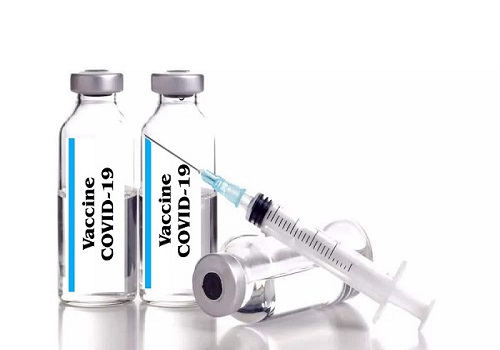Long Covid cuts brain oxygen, worsens cognitive problems, depression

Follow us Now on Telegram ! Get daily 10 - 12 important updates on Business, Finance and Investment. Join our Telegram Channel
Long Covid is associated with reduced brain oxygen levels, worse performance on cognitive tests and increased psychiatric symptoms such as depression and anxiety, according to new research studying the impacts of the disease.
Researchers from the University of Waterloo in Canada conducted a laboratory study which showed that individuals who had experienced symptomatic Covid illness performed worse on two computer tasks.
One is measuring inhibition and another is impulsive decision-making.
Compared to those who had not been infected, people who had been infected showed a lack of increase in oxygen saturation in an area of the brain that is normally engaged during one of the tasks.
"We are the first to show reduced oxygen uptake in the brain during a cognitive task in the months following a symptomatic Covid-19 infection," said Peter Hall, lead author and researcher in the School of Public Health Sciences at Waterloo.
"This is important because a lack of sufficient oxygen supply is thought to be one of the mechanisms by which Covid-19 may cause cognitive impairment," he added.
In a separate study, the team conducted a population survey of more than 2,000 Canadians aged 18 to 56, to examine the relationships between Covid, cognitive function and psychiatric symptoms.
Respondents who had Covid reported difficulty concentrating and problems with inhibition, as well as increased symptoms of anxiety and depression.
These effects appeared to be marginally stronger among unvaccinated individuals and were still detectable after controlling for how long ago respondents were infected.
"It appears that, regardless of gender and other demographic factors, Covid-19 infection at baseline is correlated with increased problems with emotion regulation six months later: depression, anxiety and agitation. In some cases, we are talking about symptom levels that are at or above recommended as cut-off scores for psychiatric diagnoses," Hall said.
The findings of both studies were published in the journal Brain, Behavior, and Immunity-Health.























